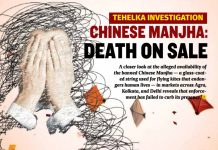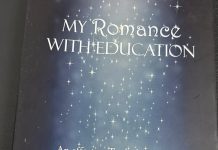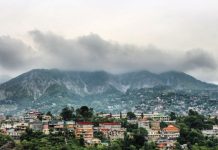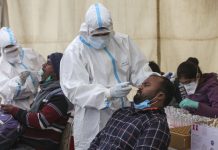Although living a humble life of an ordinary madrassa boy, Mohammad, protagonist of Humra Quraishi’s eponymously titled book, The Diary of Gull Mohammad” somewhat assumes the role of a chronicler of contemporary India, noting down his and that of his colleague’s intermittent harsh encounters with the current political climate. His diary notings are thus a tiny piece of the observed history of today’s India. A book review by Riyaz Wani
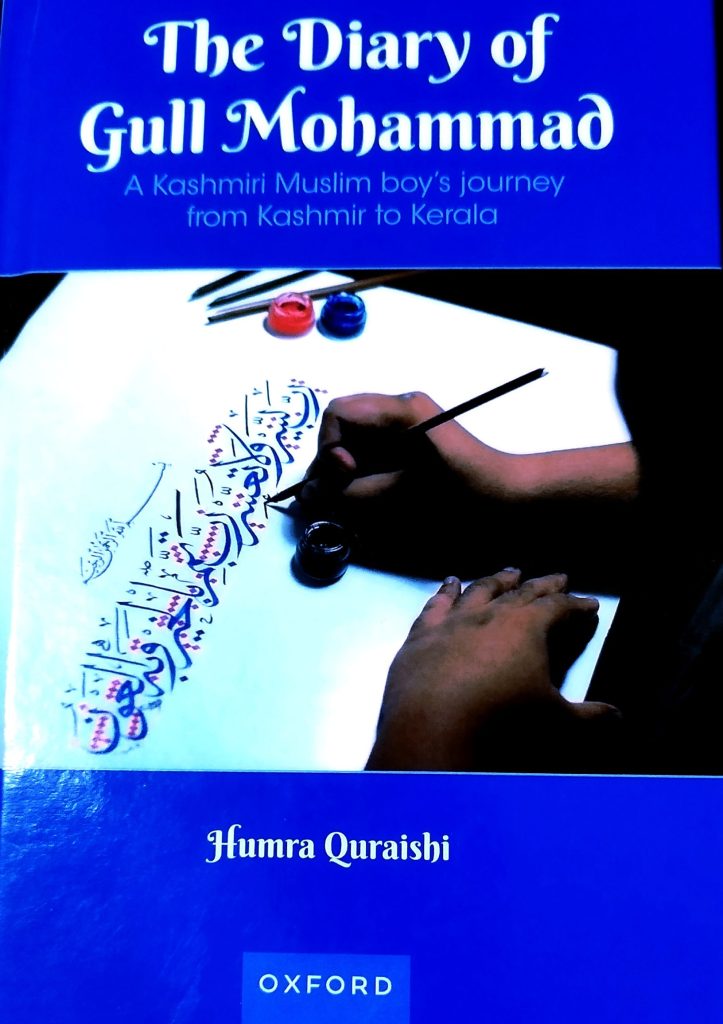
Madrassas are Islamic schools where generally religious education is imparted. Students are taught scriptures, Islamic theology, jurisprudence, and Arabic language. Besides, they have to follow a strict daily schedule of saying namaz five times a day beginning with the first one at dawnbreak, in addition to intermittent recitals of Quran. This is a life dedicated to spiritual pursuit and disconnected from the rough and tumble of daily life. But the life of Gull Mohammad, protagonist of Hamra Qureshi’s eponymously titled book, straddles this spiritual-wordly divide – in fact, looming larger towards the latter. So, more than the life within the madrassa, it is the one without that he ends up explaining and illuminating: and it is the state of today’s India.
Mohammad’s is a unique vantage point: that of a Muslim and a Kashmiri to boot. He looks at the prevailing state of affairs from Kashmir to Kerala by recording it in his diary. His entries from Srinagar document a deeply troubled Kashmir grappling with the daily killings, crackdowns and protests.
“Maddening noise around! Crackdown! Gulzar (Mohammad’s brother) wasn’t moving away from the window ——, these security creatures started firing down the lane. Mother had been trying pulling him away but he not listening (sic),” reads Mohammad’s dairy entry at 10 pm on August 2. 2016. “When will father get back! Will write again. So many screaming, pellets hitting at doors and windows.”
In a subsequent diary entry on August 5, we are told that Gulzar’s eyes have been hit by pellets and he is being treated at a Srinagar hospital.
“Mother shrieked and shrieked and told that inspector janab, blocking the way that our Gulzar is dying, his eyes bleeding and only then he let us rush him to that big hospital named after our long-dead Maharaja Hari Singh (sic),” the entry reads. “Gulzar (has) been crying. Now no school for him. Now no homework for him. Now no more peeping out of the window.”
During the summer of 2016, Kashmir experienced a six-month long unrest following the killing of the militant commander Burhan Wani. Over a hundred people were killed and several hundred were blinded in the daily skirmishes between protesters and the security forces.
However, more than Kashmir, Quraishi’s book speaks to the current situation in the country through Mohammad’s bitter encounters with people which he duly records in his dairy.
“Two men stopped us and then sneered calling us ‘madrasa wallahs!’. One of them pointed at his hand at my skullcap and shrieked ‘Kharku’. I wanted to shriek back but Shamshad and Shakeel (fellow students) pulled me one side and started telling me that I have to get used to hearing all this rubbish,” his Delhi diary entry notes. “Shamshad had even showed his injured wrist and said that he was hit in the park by some goons when he refused to chant Jai Shri Ram!”
Mohammad’s disadvantage is that besides being a Muslim and a Kashmiri, he has a third identity: a madrasa student, a situation made further difficult with its identity markers such as the skullcap and beard. This makes him and his ilk easily identifiable and thus vulnerable.
In plains of North India, the situation becomes more hostile. In one instance quoted in the book where Mohammad along with his friend Imtiaz offer to work at a sweetshop in exchange for a plate of jalebis, the owner shoes them away upon learning they are Muslims.
“You all Muslims. Run away from here. Go to shops run by Muslims. Not here. Muslims are not needed here,” reads his diary entry.
Although living a humble life of an ordinary madrassa boy, Mohammad somewhat assumes the role of a chronicler of contemporary India, noting down his and that of his colleague’s intermittent harsh encounters with the current political climate. His diary notings are thus a tiny piece of the observed history of today’s India. He is in no position to judge, interpret or analyze the situation. He feels it, sees it as it is and suffers in the process, once even being sent to jail for no fault of his.
That is when he once went as a guest to his friend Shaaz’s house in Lucknow.
“That night at Shaaz’s home, I had slept off as I was completely exhausted—-. Woke up all too suddenly when I heard loud banging on the iron-gate, the outer darwaza of their home,” reads one diary entry. “Strange loud noises and slogans all around ——Out with Gaddars. Out with Kashmiri terrorists ——– out——– will kill ——will settle (scores with) you all deshdrohi. “
However, a kind, “one big police officer,” came to his rescue and helped get back his belongings including the diary.
Mohammad’s plight as narrated through his diary serves to shed light on one of the unreported aspect of the current “communally-surcharged times.”
“This diary written over a period of approximately just over a year, from early August 2016 till about the second week of September 2017, is enough to relay the tough challenging times these children face,” Qureshi writes in her introduction to the book.
She achieves this feat not by expressing her own views but by letting the victims speak for themselves, delivering a poignant portrayal of their hardships.


